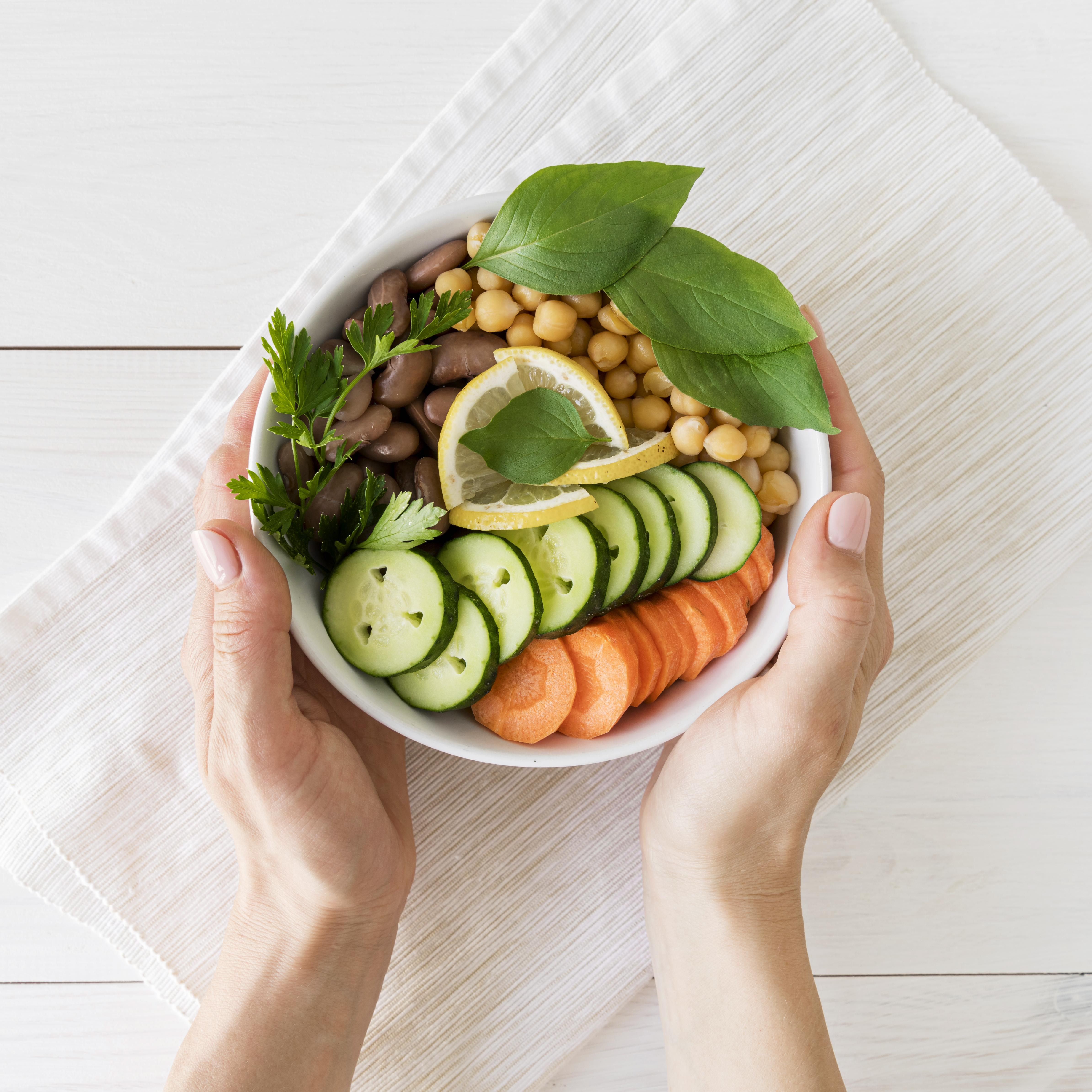Eczema Diet: A Natural Approach to Flare-Up Control
If you’re searching for an eczema diet that can support your skin health and reduce flare-ups, you’re not alone. Many people with eczema turn to dietary changes to help manage symptoms like itching, redness, and inflammation. While no one-size-fits-all diet exists for eczema, scientific research and anecdotal evidence suggest that nutrition plays a significant role in managing the condition.


What Is Eczema?
Eczema, also known as atopic dermatitis, is a chronic skin condition characterized by dry, inflamed, itchy skin. It’s often linked to allergies, immune dysfunction, and environmental triggers. While genetics and external irritants play a major role, diet and gut health have gained attention as contributors to flare-ups and symptom severity.
Why an Eczema Diet Matters
An eczema diet aims to reduce inflammation, avoid triggers, and promote skin healing. Some foods can cause or worsen flare-ups, while others may soothe the skin from the inside out.
🥗 Best Foods for an Eczema Diet
These anti-inflammatory, skin-supportive foods may help improve eczema symptoms:
Fatty fish (like salmon and mackerel): Rich in omega-3 fatty acids
Leafy greens: High in antioxidants and vitamins A and C
Berries: Packed with skin-protective phytonutrients
Probiotic-rich foods (yogurt, kefir, sauerkraut): Support gut health
Sweet potatoes: Contain beta-carotene and vitamin E
🚫 Foods to Avoid with Eczema
Avoiding certain foods can significantly reduce inflammation and irritation:
Dairy products (milk, cheese, yogurt)
Eggs
Gluten or wheat
Soy
Processed foods and refined sugar
Nightshades (tomatoes, peppers, eggplants) – for some individuals
According to the National Eczema Association, elimination diets may help identify food sensitivities that trigger eczema.
How Gut Health Affects Eczema
The gut-skin connection is a growing area of research. Poor gut health and imbalanced microbiomes can worsen inflammation and immune response, aggravating eczema. Supporting your gut with probiotics, fiber, and fermented foods is a crucial part of a successful eczema diet.
Supplements That May Help
Alongside a balanced diet, these supplements may support eczema relief:
Vitamin D
Omega-3 fatty acids
Zinc
Probiotics
Quercetin (a natural antihistamine)
Always consult a healthcare provider before starting new supplements.
Sample 1-Day Eczema-Friendly Meal Plan
- Breakfast: Oatmeal with berries and chia seeds
- Lunch: Grilled salmon with quinoa and steamed broccoli
- Snack: Apple slices with sunflower seed butter
- Dinner: Roasted sweet potatoes, spinach salad with olive oil dressing
- Drink: Herbal teas and filtered water (limit caffeine)
Eczema Diet and Lifestyle Tips
Hydrate regularly
Moisturize after every bath or shower
Avoid harsh soaps and chemicals
Track foods and symptoms in a journal
Limit alcohol and stress
Explore our full eczema skincare collection designed to support your skin from the outside in.
Final Thoughts
While no diet can cure eczema, an eczema diet that avoids trigger foods and includes anti-inflammatory nutrients can help manage symptoms. Nutrition, when combined with proper skincare and lifestyle choices, may significantly improve your skin’s health and your quality of life.
Our Promise to You
We’re confident our products will transform your skin—but if you’re not completely satisfied, we’ve got your back. Simple as that. Try our products risk-free for 30 days. If you don’t love your results, reach out to our care team and we’ll make it right with a full refund. No questions asked, no complicated returns process. Because everyone deserves skincare that works.

